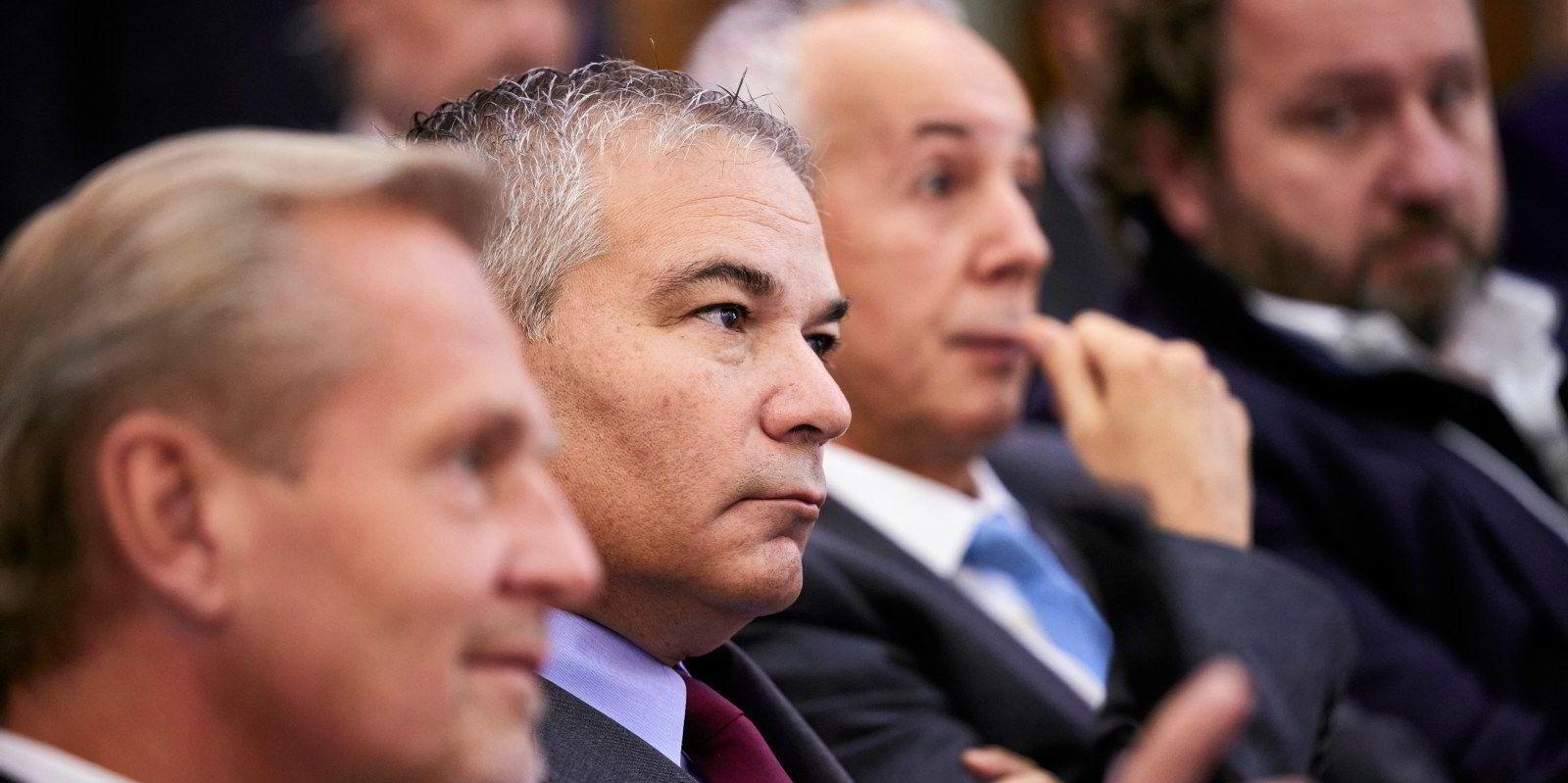Look for the controlling shareholder.
That was the advice delivered by mergers-and-acquisitions specialist Mark Friedman of Evercore when he spoke to a Marine Money finance forum in New York last month and described what factors drive — and block — the M&A game in shipping.
Friedman’s thesis: compared to other industries, shipping has a high ratio of companies with a large “controlling” shareholder, which for the most part impedes getting consolidation done.

But when mergers or takeovers do happen, it is usually because the controlling shareholder either has pushed for it or has been approached and persuaded by prospective acquirers.
Recent examples:
- Euronav’s tug-of-war between two controlling holders, John Fredriksen and the Saverys family, saw a merger blocked but Fredriksen came away with 24 VLCCs for $2.35bn.
- Grindrod Shipping’s 2022 acquisition by top shareholder Taylor Maritime, which held 26% of the Singapore-based company.
- International Seaways’ March 2021 acquisition of Diamond S Shipping, which came after Diamond’s two largest shareholders — First Reserve and WL Ross — sought a merger partner.
Friedman’s words were still fresh in the ears when the dry bulk sector’s greatest consolidator, Greece’s Star Bulk Carriers, announced an all-stock acquisition of Connecticut-based Eagle Bulk Shipping this week.
It was natural to take a look. Does Eagle Bulk’s controlling shareholder have something to do with this?
Does the Stamford-based company even have a controlling shareholder?
On the surface, the answer is no.
Yet when Friedman made his presentation in Manhattan, he showed slides that gave his account of “control shareholders” for more than a dozen companies.
For Eagle, he showed Danaos Corp at 17% and Castor Maritime at 15%.
The closer one looks, the more it appears that last summer’s move on Eagle shares by Danaos — the large Greek container ship lessor — and Cypriot owner Castor looms as the underlying catalyst of the acquisition announced this week.
Let’s take a look back at what happened.
Streetwise first reported on 6 April that a couple of Greek shipowners were rumoured to be investigating a buy of the 28% Eagle stake held by longtime private-equity backer Oaktree Capital Management.
That column explored the potential impact of another owner acquiring Oaktree’s 3.8m shares and prospects for Eagle to place a “poison pill” in its bylaws to squelch a hostile takeover.
These key developments followed in the next weeks:
- On 17 June, John Coustas-led Danaos revealed a 10% holding in Eagle’s stock.
- On 21 June, Eagle publicly disclosed a pre-emptive $219m buy of Oaktree’s entire 28% stake.
- On 23 June, Eagle adopted the “poison pill” predicted by Streetwise after Danaos ran its stake to 11.3%. The measure capped any holder at 15% of the stock, although it emerged that Danaos built up a 16.7% share that is considered grandfathered in under the policy.
- On 30 June, the Panayotides family’s Castor revealed a stake of just under 15% in Eagle.
Around the same time, a public spat emerged between Coustas and Eagle chairman Paul Leand.
Coustas blasted the poison pill and changed his filing status from the Securities and Exchange Commission form 13-G as a passive investor to 13-D activist status, demanding “constructive engagement” with the Eagle board.
Leand publicly defended the anti-takeover move, citing the Danaos and Castor buy-ins. He said Coustas told him over lunch that Danaos had tried to buy the Oaktree stake. Coustas later denied this.
What this all amounts to is that Eagle was in a far different place after the flurry of action than it had been at the start of 2023.

No matter the always-calm exterior presented publicly by Eagle chief executive Gary Vogel and his management team, alarm bells were ringing in the company’s board room, finance sources indicate.
Indeed, in the weeks leading up to the Star Bulk news, Streetwise had been told that Eagle was pursuing other strategic alternatives that did not wind up bearing fruit. More may be learned on this point when the two merger partners file a proxy statement on the combination’s back story.
None of this says that Danaos and Castor were working collaboratively or did anything to encourage Star’s entry. But for savvy Star management, which has been consolidating the sector for a decade, Eagle’s rapidly changing circumstances could not have been easily missed.
Jefferies analyst Omar Nokta said in a client note following the merger announcement that the Danaos and Castor stakes were significant, “putting EGLE somewhat in play”, in a reference to Eagle by its share ticker symbol.
Another finance source was a bit more descriptive.
“My sense is that Danaos and Castor would have likely forced themselves onto the board this proxy season and that the upcoming fight could have been uncomfortable for Eagle,” he said, before referring to the companies’ net asset value.
“I think in light of this Eagle, became open to a sensible solution where they could walk away a ‘winner’ with a premium paid on a NAV-for-NAV basis and have their shareholders get the benefit of go-forward synergies. It’s all very logical.”




